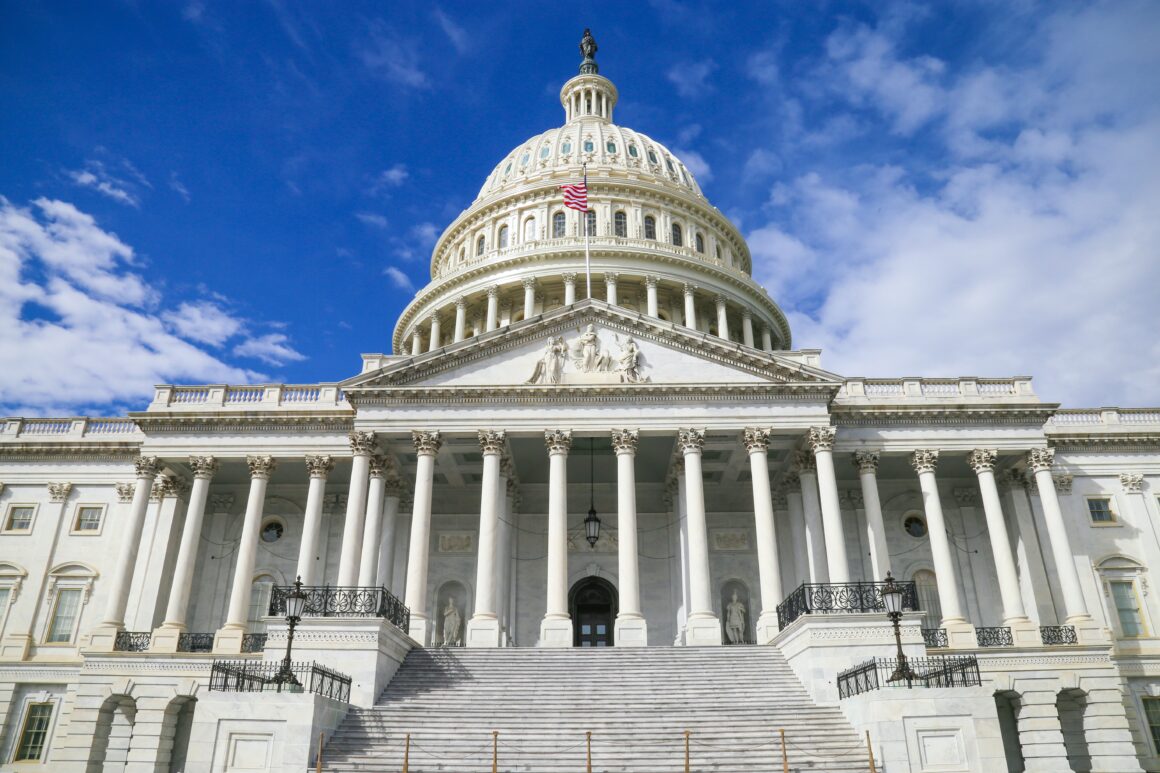Caitlin Chin is a recent McCourt alumna and research Analyst at the Brookings Institution’s Center for Technology Innovation, where she contributes to policy research related to privacy, artificial intelligence, broadband and competition. At McCourt, she was a senior online editor for the Georgetown Public Policy Review.
This interview was conducted via email and the responses have been edited for style and clarity.
Dan: What made you interested in privacy as a policy issue?
Chin: Given all the high-profile data breaches and other privacy incidents in recent years, it is hard not to be interested in privacy! However, I first began working in privacy as a policy issue in 2018, while I was attending McCourt and interning in D.C. Through school and work, I learned firsthand how federal, state, and international laws shape privacy protections in the United States, and where there are still gaps in protection. Several major developments took place that year: news of Facebook and Cambridge Analytica broke, the European Union’s General Data Protection Regulation (GDPR) came into effect, the Supreme Court issued its United States v. Carpenter decision, and the California Consumer Privacy Act was passed, among others. It was a really exciting time to get started in privacy, and it is amazing how far the debate has progressed since then.
Dan: What are you currently working on at Brookings?
Chin: At Brookings, I primarily focus on “The Privacy Debate,” an ongoing project to explore ways to address privacy, cybersecurity, and consumer protection. Last year, several of my colleagues and I published a report titled “Bridging the gaps: A path forward to federal privacy legislation,” which proposed comprehensive, middle-ground solutions to reach bipartisan compromise on U.S. federal privacy legislation. We have since discussed our proposal with a wide range of stakeholders, and we are using these takeaways to continue to explore pertinent issues in U.S. privacy legislation, including limitations on data collection, sharing, and processing, as well as the intersection of privacy and civil rights.
Dan: What are the most important issues in technology policy right now?
Chin: It is really important to consider how technology intersects with civil rights and anti-discrimination efforts. In recent years, we have seen law enforcement use facial recognition or other technologies to surveil people who have participated in Black Lives Matter and other protests, despite a lack of privacy, accuracy, ethics, and transparency standards. We have also seen algorithms that can recreate historical biases in contexts including employment, finance, advertisements, or law enforcement (for example, Harvard professor Latanya Sweeney found in 2013 that Google searches for predominantly African American names are more likely to yield advertisements associated with arrest record databases, compared to searches for predominantly Caucasian names, even if no such arrest record existed).
Although we have existing federal and state non-discrimination statutes that prohibit discrimination in certain contexts on the basis of characteristics including race, gender, disabilities, or age, it is very difficult for a person to sue for algorithmic discrimination. As I have previously written: if a job applicant is discriminated against by an automated hiring system, it can be very challenging for both applicants and employers to even become aware of the algorithmic bias—and harder still to determine how to legally hold hiring managers accountable for discrimination done by a machine. Long story short, laws need to keep up with technology in order to prevent discrimination or other unintended consequences.
Dan: What do you wish people knew about technology policy?
Chin: Technology impacts every sector and person, and so what we consider “technology policy” is constantly changing. Companies like Facebook, Twitter, and YouTube were founded less than two decades ago, and now they are at the center of major debates surrounding content moderation, online hate speech, and targeted advertisements. Plus, depending on a person’s focus, technology policy could also overlap with other traditionally distinct legal and policy fields such as transportation, civil rights, antitrust, healthcare, climate change, voter protection, employment, and finance. Given all this, I wouldn’t be surprised if more issues in “technology policy” emerge down the road that we haven’t even imagined today.
Dan: What is your advice to students interested in technology policy as a career?
Chin: I think that one of the best things anybody can do, regardless of role or organization, is to ask a lot of questions and be open to hearing new perspectives. It is also important to find a policy area that one is genuinely curious about. This is especially true in the technology policy field, where there are so many diverse stakeholders and viewpoints and where many key issues are still developing.
